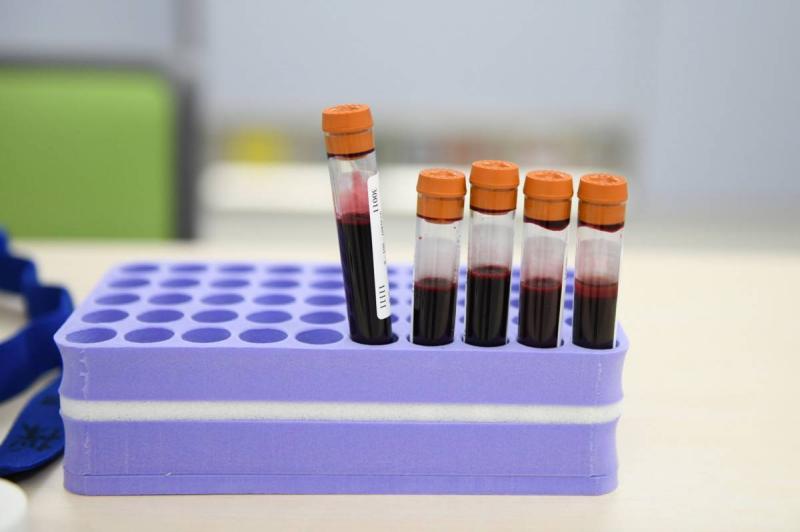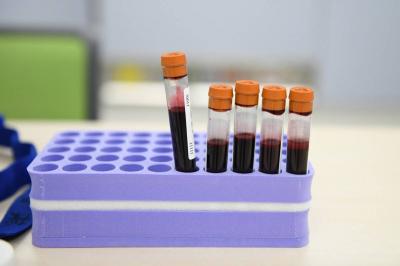Under the title "New Study: Omicron is 4 Times More Transmissible than Delta," Bloomberg Asharq published a report indicating that the "Omicron" variant of the coronavirus is 4.2 times more transmissible compared to the "Delta" variant, according to a study conducted by a Japanese scientist who works as an advisor to the country's health ministry. This discovery could confirm concerns regarding the transmissibility of the new strain.
Hiroshi Nishiura, a professor of health and environmental sciences at Kyoto University and a specialist in mathematical modeling of infectious diseases, analyzed genetic data available up to November 26 from Gauteng province in South Africa.
The results he presented at a meeting of the Japanese health ministry's advisory committee on Wednesday indicated that "the Omicron variant in its early phase transmits more of the virus and escapes immunity built through natural infection and that formed through vaccinations to a greater extent."
Global fears persist that "Omicron" could deal a larger blow to the world than "Delta," and the World Health Organization warned that it could lead to "serious consequences." However, the surge in cases in South Africa following the emergence of the viral variant has not yet resulted in crowded hospitals, leading to some optimism that it may only cause mostly mild symptoms. Pfizer and BioNTech also announced this week that a booster dose of their vaccine could enhance protection against "Omicron."
Nishiura’s study has not been peer-reviewed or published in a scientific journal. He conducted this new analysis using the same method he employed in a July study published in the medical journal Eurosurveillance regarding the expected dominance of "Delta" before the Tokyo Olympics.
Hundreds of researchers worldwide are racing to understand the new "Omicron" variant, which is the most distinct variant among the five variants of concern identified by the World Health Organization since the pandemic began. Cases in South Africa rapidly rose to around 20,000 daily since the country first reported the discovery of "Omicron" two weeks ago, although the number of cases in the country was low in the weeks leading up to the discovery of the new variant, even though only 26% of the population is fully vaccinated so far, according to Bloomberg's Vaccine Tracker.
Nishiura noted that "the vaccination rate in South Africa is less than 30%, and many people may have been infected naturally." He added, "We need to pay close attention to future trends to see if the same thing will happen in countries where mRNA vaccines are being used at a high rate."




